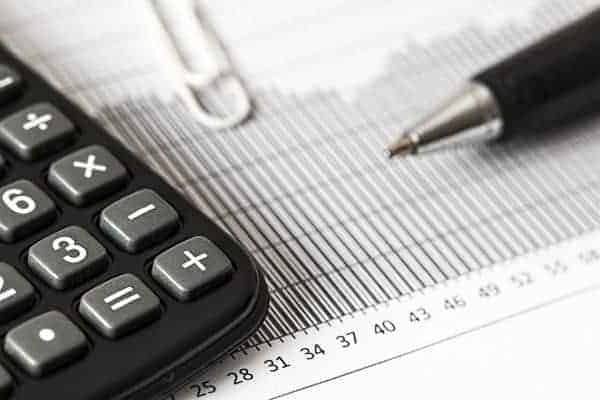
Planning Tips For Freelance Taxes
Posted on 10th November 2017 by Katherine Ducie
Most freelancers don’t even think about their taxes until it’s time to file their tax return. This kind of approach to freelance taxes will inevitably lead to last-minute panic and missing out on tax savings.
If you’re always leaving it to the very last minute, then you might be trawling back through last year’s financial records and struggling to make 2 + 2 = 4. Getting your freelance taxes in order is an ongoing process, but don’t worry, once you’ve learnt these simple tips you will be a tax pro in no time.
1. Keep Accurate Records
The key to a stress-free tax return is keeping accurate records. There is a lot of time between the end of the financial year and the date that your tax return is actually due. This means you might have lost track of your invoices and have no record of how much you’ve been paid when the time comes to add it all up. Break this habit by keeping all of your invoices in one place. Just make sure it’s secure, like a remote cloud account, because you don’t want to lose your laptop and all of your financial records with it.
2. Budget for your freelance taxes
When you first start our freelancing, it can be refreshing to get a healthy “pay cheque” without all those pesky deductions. It can be tempting to spend the lot, but you’ll need to make sure you are budgeting for your freelance taxes. The easiest way to manage this is to set up monthly national insurance contributions and then set aside 20% of your income (or 40% if you expect you’ll be in a higher tax bracket).
3. Record as you go
Filling in your tax return all at once can be really boring. The best way to keep your sanity is to update your tax records as you go – every month should be sufficient. This will also help you to ensure you keep track of your tax deductibles and make savings on your tax bill. It will also prevent avoidable errors which can easily lead to having to hire professional help to claim for overpayment relief.
4. Get insured
If you ever work as a contractor, this can lead to something known as an IR35 investigation. Complying with this type of investigation can be very time consuming and costly, but with Tax Enquiry and Legal Expenses insurance, you can rest assured you have the support of a whole team of experts.
5. Don’t leave it until the last minute
Even though you might have all of your records up-to-date and ready to go, you can easily encounter issues with the HMRC system. Registering for your account and getting access can take up to 28 days, and if you misplace your password, gaining access to your account again can be equally problematic. File your returns as early as possible to avoid causing yourself unnecessary stress.
Related Articles:
What are the changes to self-employed tax and how will they affect you?
One trend that will always remain… Your January Tax Return.
A guide to freelancer expenses
Dividends and dividend tax rates for the self-employed: what do I need to know?
Useful Links

Professional Indemnity Insurance
Protects against claims of alleged negligence in your professional services, advice and designs.

Public Liability Insurance
Protects against claims of injury to third-parties or damage to a third-party's property.

Legal Expenses and Tax Investigation Insurance
Cover for contract disputes, tax investigations, court attendance, debt recovery, and more.
